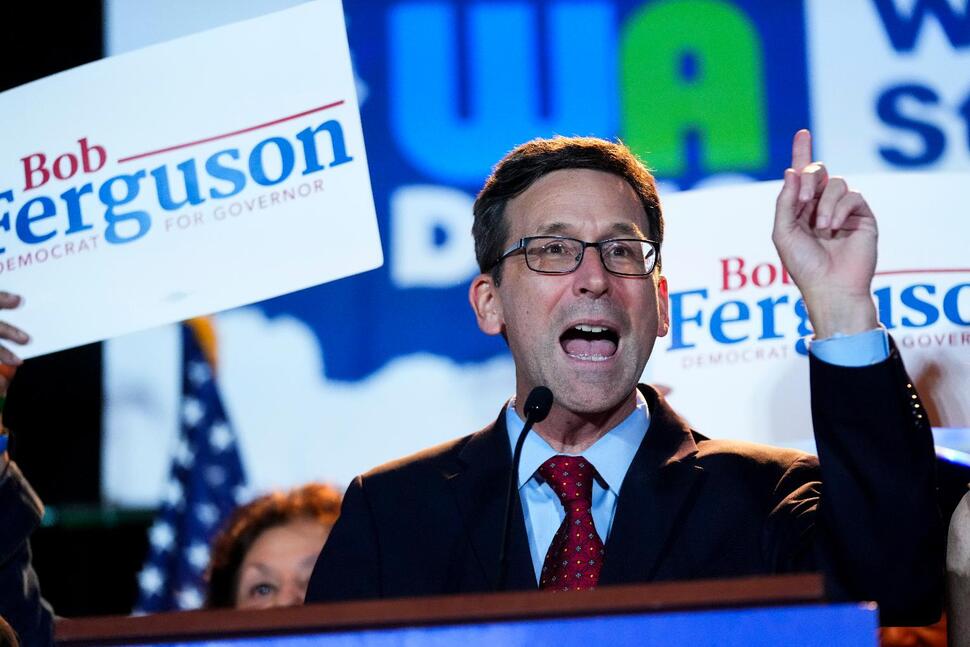With Donald Trump possibly returning to office for a second term, Democratic governors and attorneys general are preparing to counter his anticipated policies. They are revisiting strategies used during his first term, anticipating that his agenda may include mass deportations, environmental regulation rollbacks, and further restrictions on abortion rights.
Concerns are heightened due to Trump’s record, particularly his Supreme Court appointments, which led to the overturning of Roe v. Wade. In response, state-level Democratic officials are mobilizing, aiming to create a robust framework of opposition against what they view as potentially harmful federal policies.
Democratic leaders in states like California, Colorado, and Illinois are taking proactive measures to safeguard their progressive policies. California Governor Gavin Newsom has initiated a special legislative session to “Trump-proof” state laws, while the governors of Colorado and Illinois launched the “Governors Safeguarding Democracy” initiative to protect democratic principles.
These actions reflect a strategy to enhance state-level autonomy and push back against anticipated federal rollbacks on issues like immigration and environmental protection, reinforcing a coordinated state-level defense against Trump’s policies.
In Trump’s first term, Democratic attorneys general effectively challenged his policies, filing over 160 multistate lawsuits, with many resulting in successful outcomes, albeit sometimes temporary. Notable victories included blocking the travel ban on several Muslim-majority countries, though this was eventually upheld by the Supreme Court, and mandating energy efficiency standards.

These experiences have informed a sharpened approach among Democratic attorneys general, who are expected to mount a sustained resistance against Trump’s policies, using lessons learned from past legal battles to adapt to current challenges.
However, this effort may face more significant obstacles than before due to a more conservative judicial system resulting from Trump’s judicial appointments, including three Supreme Court justices. Washington Attorney General and Governor-elect Bob Ferguson noted that Trump’s administration may now be more strategic in policy implementation, which could complicate efforts to mount effective legal opposition.
Democratic attorneys general are, therefore, refining their strategies to prepare for a court system that may be less receptive to their challenges, understanding that they may encounter stiffer resistance in judicial proceedings.
Beyond the courts, Democratic officials are exploring various approaches to resist Trump’s policies. This includes enforcing state regulations independently, such as ramping up environmental protections at the state level if federal oversight declines, or pursuing settlements with industries to enforce compliance on issues like opioid distribution.
Politically, these actions also offer Democratic leaders an opportunity to establish themselves as defenders of progressive values, potentially aiding their future political ambitions.
High-profile attorneys general like California’s Rob Bonta, New York’s Letitia James, and Wisconsin’s Josh Kaul are already signaling a commitment to challenge Trump’s policies, positioning themselves as champions of state-level autonomy and potential leaders in the fight to uphold democratic principles.


